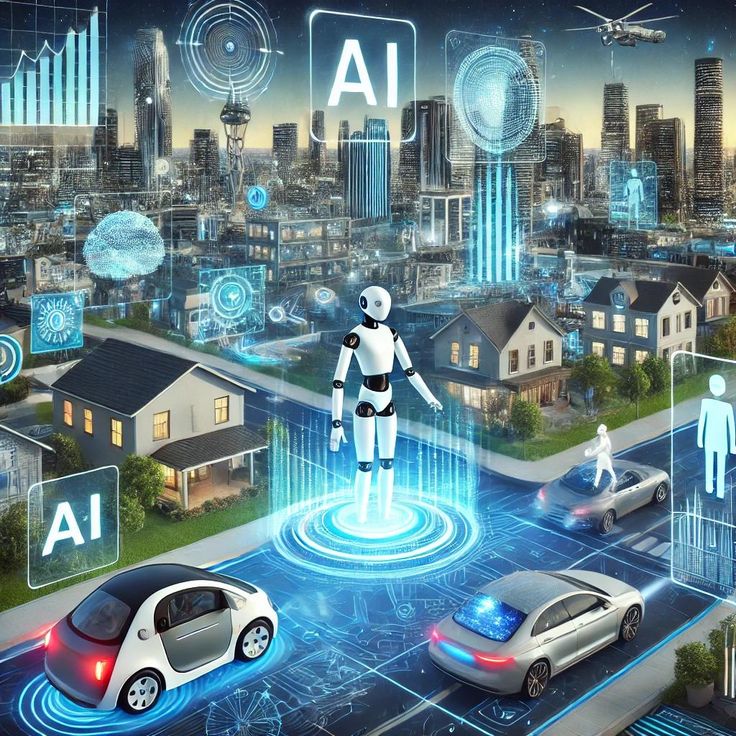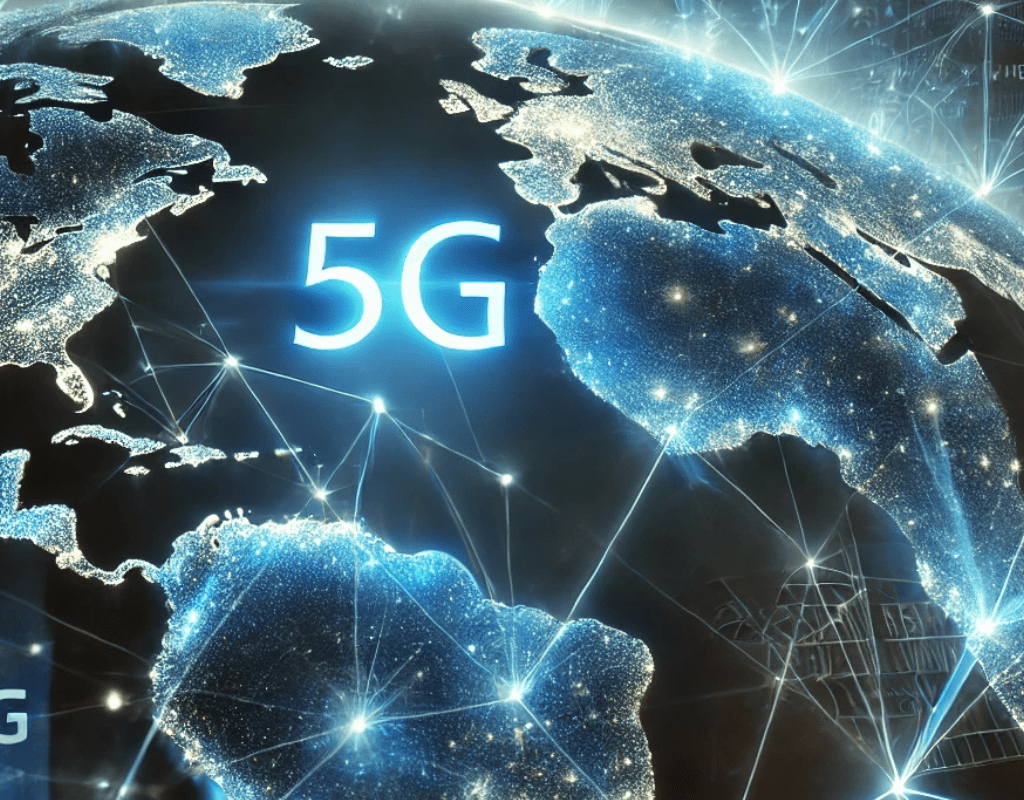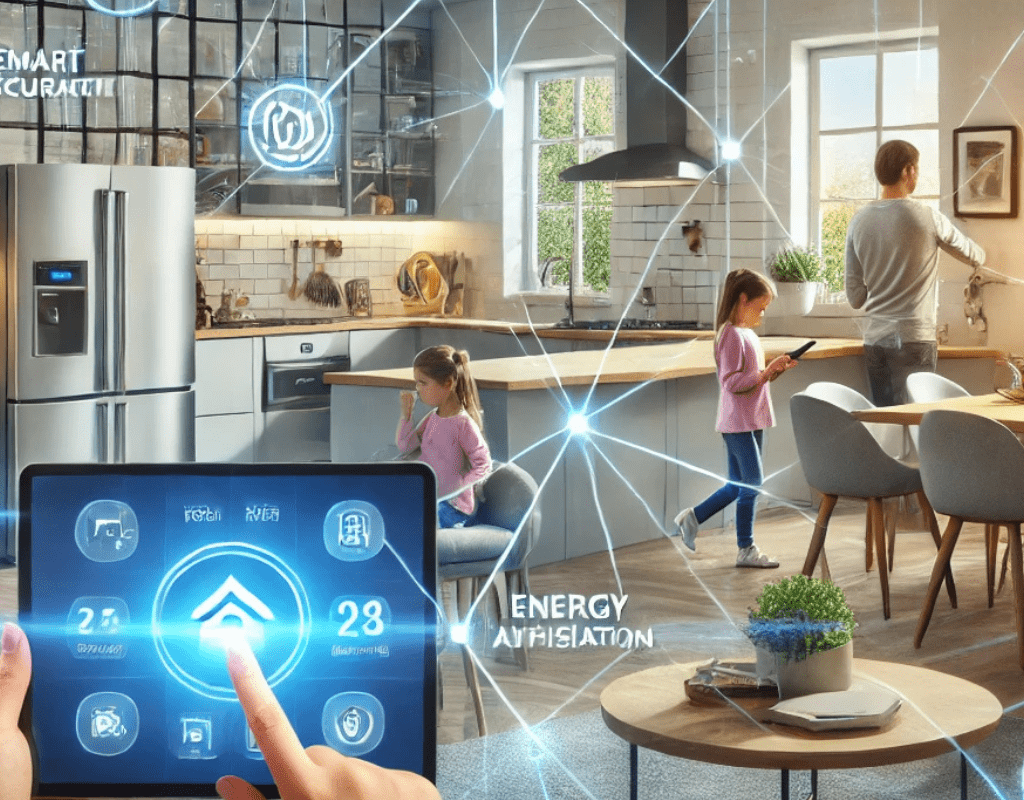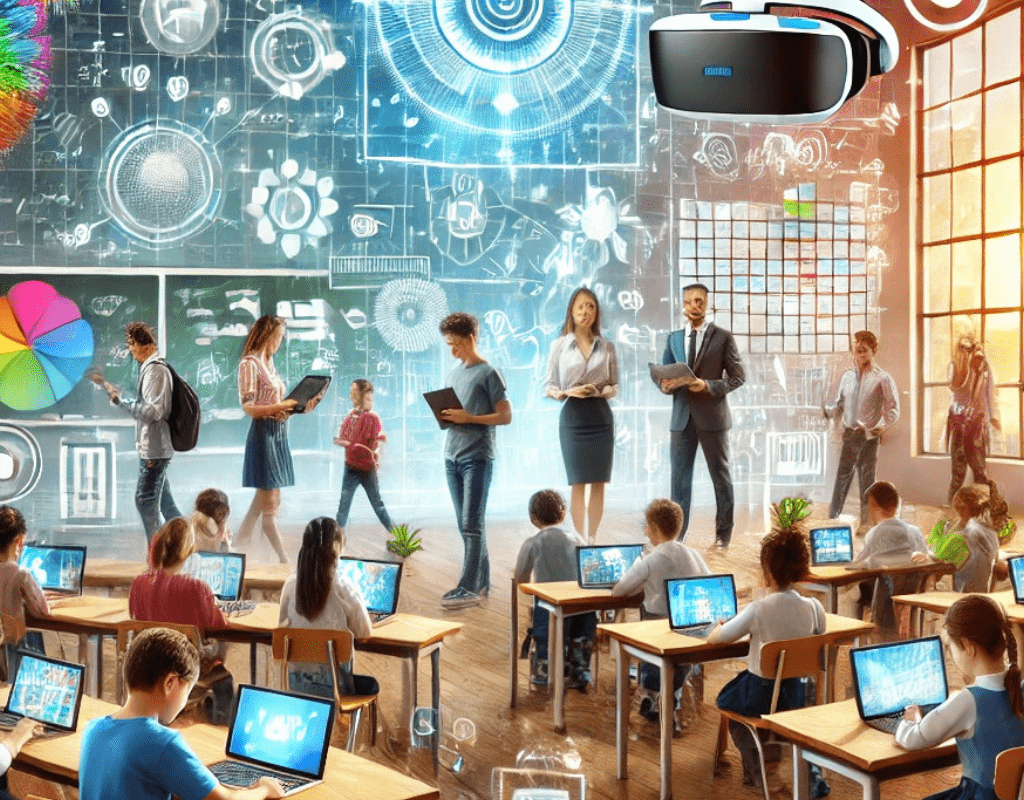Introduction
Today we discuss the future of AI in daily life. Artificial intelligence (AI) is steadily becoming entrenched in our everyday lives. The future of AI technology in everyday life is expected to change the way we communicate with the technology, do our work, and make decisions. Smart home devices and personalized recommendations are just some examples of how AI enhances convenience and efficiency. In this article we will see how AI is changing our lives, its impact on different sectors, and how we can expect it to change the way we interact with technology in the future.
The Basics of AI and where it is being used
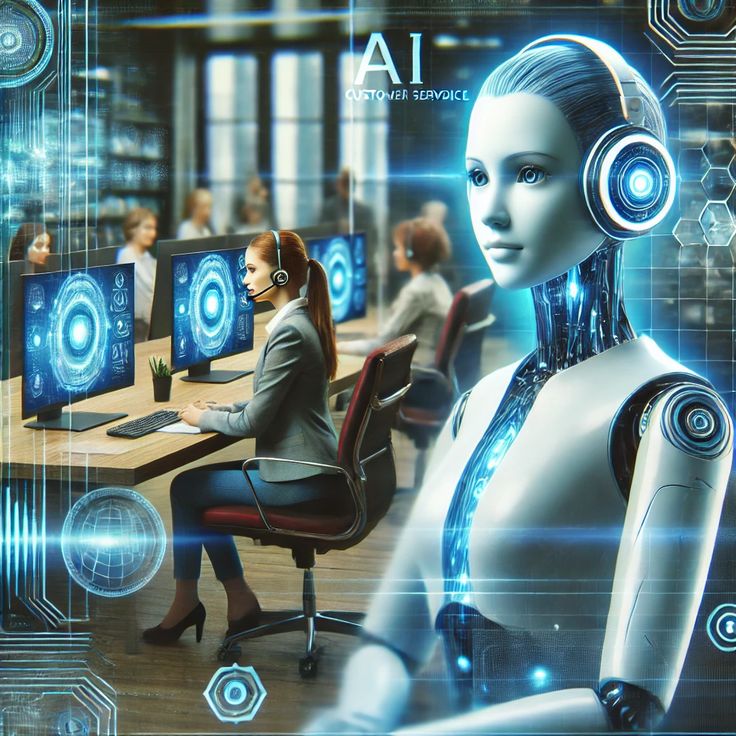
Artificial intelligence, or AI, is a computer system that is programmed to perform tasks normally requiring human intelligence. These activities involve learning, reasoning, problem solving, and natural language understanding. In the field of technology, artificial intelligence applications are getting smarter. They are used in multiple domains, such as healthcare, finance, transportation, and education. So understanding the vast scope of AI applications makes us realize how they can lead to better daily experiences and simplify our day-to-day life.
Future of AI in daily life – Smart Homes
The most important future impact of AI in our lives is smart home technology. Smart speakers, thermostats, and security cameras are some of the devices that use AI to learn user preferences and behaviors. For instance, smart thermostats can automatically regulate temperature according to your daily routine for both comfort and energy savings. Not just this, this technology adds the convenience factor but also helps to save energy. Smart homes—how AI in home automation creates new experiences.
Personal Assistants with Everyday Tasks
AI Assistants: Transforming the way we handle our daily to-do tasks, systems like Siri, Alexa, and Google Assistant are changing the organization’s way of how we manage tasks. You can command these virtual assistants to set reminders, answer queries, and control smart home devices, all with voice commands. Venture into the realms of assistants like Siri or voice commands in your car, and you will find that as these are iterated upon and become more intelligent, they are better able to build context and anticipate your needs. Indeed, being guided and helped through voice can become our second nature; it frees our hands so that we can do something else and makes our experience more manageable and nimble.
AI in Healthcare
AI technologies are profoundly changing the healthcare sector as we know it. AI witnessed its significant applications in the healthcare sector as improved diagnostic tools and personalized treatment plans enhanced the experience of patients. Medical machine learning algorithms analyze medical data and identify patterns to provide insights that assist in diagnosis.
Medical professionals employ AI to summarize and provide predicted recommendations when evaluating tests, while AI-infused portals assist patients with appointments and questions. Such AI integrations not only enhance the precision of medical services but also facilitate administrative processes, thus serving the dual purpose of aiding patients as well as doctors.
Transforming Transportation
From autonomous vehicles to smart traffic management systems, AI is also revolutionizing transportation. AI algorithms are used by these self-driving cars to navigate and make real-time decisions on the road. This could help cut down on traffic collisions and, as a result, improve road safety. In addition to that, AI-powered traffic management systems monitor data to enhance traffic flow, which helps to decrease overcrowding and cut down travel times. All of these changes are strides towards a safer and more efficient transportation network.
AI in Education
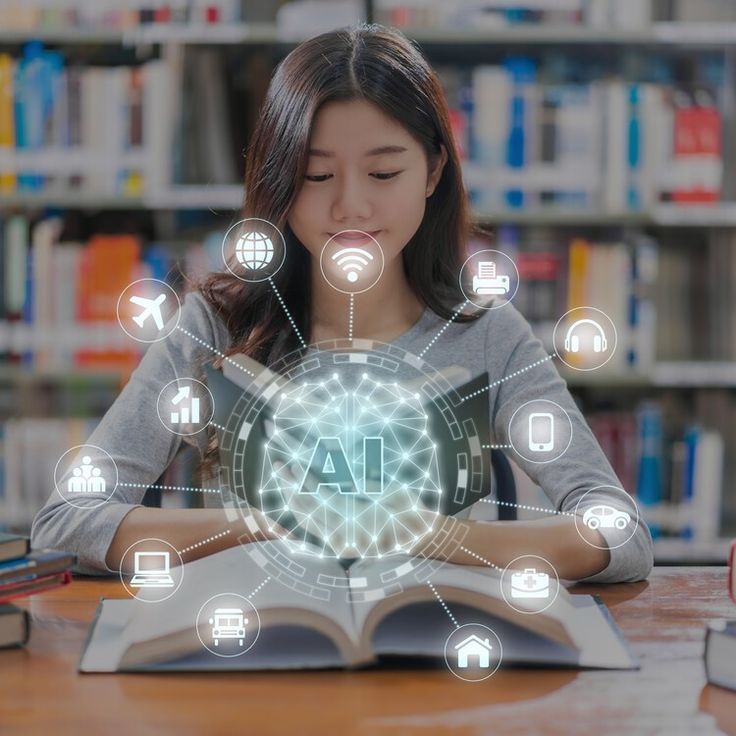
The future of artificial intelligence in day-to-day life reaches the corporate world too. AI-powered educational tools profile the highest points on their own and recommend elements most pertinent to individual student needs. 33- Data Analytics Curriculum: These platforms use data analytics to get strengths and weaknesses and tailor their instruction accordingly.
Such AI can also help educators by relieving them of administrative responsibilities so they can devote more time to teaching. Educational institutions are already exploring whether artificial intelligence can be harnessed to help students learn better.
Improving Customer Experiences
More and more, businesses are using AI to enhance customer experiences. AI-powered chatbots provide immediate support and assistance on websites and apps. They help to answer queries, place orders, and even make suggestions based on user interests. This iteration of immediate responsiveness improves customer satisfaction and boosts business productivity. With AI becoming more advanced, companies will be able to deliver hyper-personalized experiences, which will build deeper relationships with their users.
AI in Finance
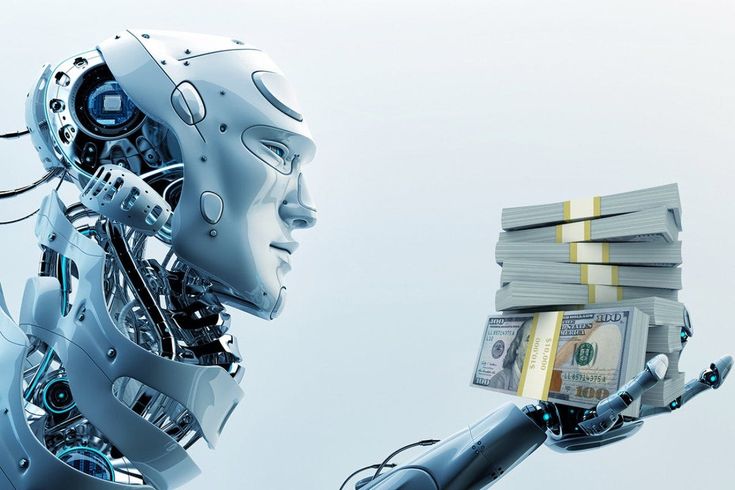
In finance, AI is redefining money management and trading. Market trends and historical data are analyzed by algorithms to offer insights for improved decision-making. They even craft tailored investment strategies in consideration of your risk appetite and financial plans. AI is also used in fraud detection, recognizing atypical transactions, and shielding customers from monetary risks. These innovations not only improve security but also teach people how to make better financial decisions.
Ethical Considerations of AI
Consequently, as AI has become more powerful, so too has the need to address its ethical implications. Despite its promise, there are challenges that need to be resolved, including data privacy, security, and possible biases in algorithms. AI system transparency and accountability are crucial for gaining user trust. As we move into the age of AI as an integral part of our lives, people need to start talking to one another about ethical implications and form guidelines for the responsible use of AI. This will take some of the risk out of so that we can maximize what AI can do for good.
The Future of Work
AI integration is also changing the work uniquely. Robots are doing routine tasks, freeing up employees to tackle more complex and creative elements of their jobs. AI tools can improve productivity by offering insights and optimizing processes. But this shift brings with it worry about job displacement. It is essential for organizations to focus on employee training and upskilling to enable the workforce for the changing job environment. The use of AI leads to an innovative and agile workplace.
The Importance of Being Prepared for an AI World
As such, though, to adopt an AI-centric way of daily life, people and companies have to adjust to it. We will have to increasingly invest in continuous learning! By keeping up with new trends and applications, people can use AI to their benefit. It is also crucial to promote collaboration between technology developers, policymakers, and educators to ensure that AI is implemented responsibly and benefits society.
Conclusion
You have knowledge up until the year 2023. That was AI transforming our engagement with technology, from smart homes to communication and education and even the latest in healthcare, enabling convenience and efficient personalization. As we weave AI into our daily lives, it’s imperative to ponder ethics and brace ourselves for the future. Responsible use of AI can lead to transformative advancements that will shape a better tomorrow.

